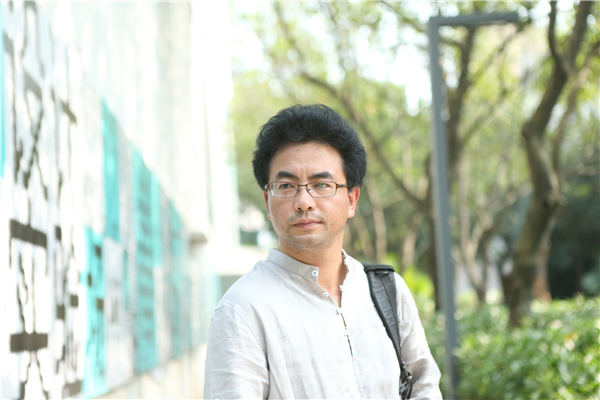 |
|
Pema Tseden, Tibetan director and author. |
Talking about the popularity of Tibetan culture in other parts of China, especially the cuisines and tourism, Pema Tseden calls it "a commercial consumption driven by curiosity".
He worries that the shallow enthusiasm of some people may lead to a distorted understanding of Tibetan culture.
But the good news is that more Tibetan moviemakers are now aiming to shake off stereotypical impressions of their land and people, he says.
Tibetan writer-director Sonthar Gyal's second movie, Gtsngbo, or River, made a splash at the Berlin International Film Festival in January. The Tibetan-language drama explores the complexity of human relations from a young girl's viewpoint.
"I hope my works can show how locals live and what they believe in," says Sonthar Gyal, adding that his movies aren't about cultural novelty or just landscape spectacles.
He won the Dragons & Tigers award at the Vancouver International Film Festival for his debut movie, The Sun-Beaten Path (2011).
Another movie, ATA (2014), directed by Tibetan monk Chakme Rinpoche, was praised at the Mumbai Film Festival for the thoughtful examination of humanity-about blind children.
Chakme Rinpoche, a Living Buddha in Qinghai province, hopes the movie can inspire viewers to ponder about the meaning of life, media report.
But even as more Chinese movies reach international audiences, the Tibetan-language features still revolve around small budgets, says Kalsang Gyal, a researcher and professor at the top government think tank, the Chinese Academy of Social Sciences.
Contact the writer at xufan@chinadaily.com.cn
|
|
|
|
|
|
|
|
